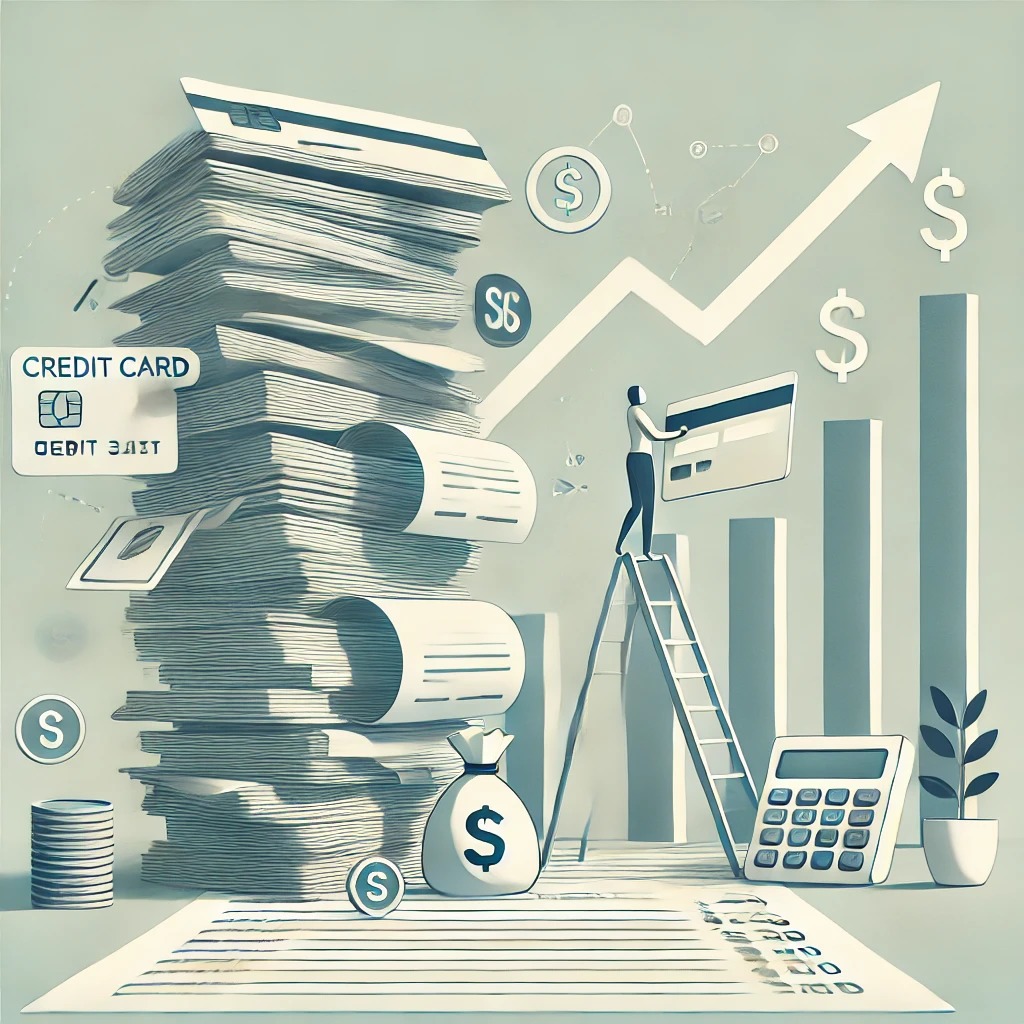
In the modern financial landscape, managing multiple debts can be a complex and overwhelming task. Debt consolidation is a strategy that has been increasingly recognized for its potential to simplify debt management and enhance overall financial health. This approach involves combining multiple debts into a single loan with a potentially lower interest rate and more favorable repayment terms. In this article, we will explore the myriad benefits that debt consolidation offers to borrowers looking to streamline their finances and reduce their debt burden.